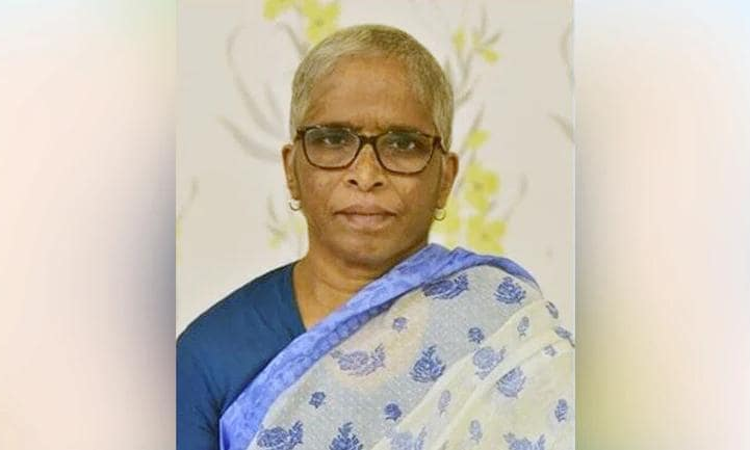Woman Facing Trial In Gadchiroli Blast Case Dies In Hospice After Prolonged Illness
Sharmeen Hakim
14 April 2022 5:24 PM IST

Next Story
14 April 2022 5:24 PM IST
Nirmala Uppuganti (59) – an alleged Naxalite and prime accused in the Gadchiroli IED blast case of 2019 passed away on Saturday at a hospice that cares for the terminally ill (incurable). Seven months ago, the ailing inmate was shifted out of the confines of Byculla prison to Shanti Avedna, following orders of the Bombay High Court. She passed away at 10.35 am on April 9 and is...
